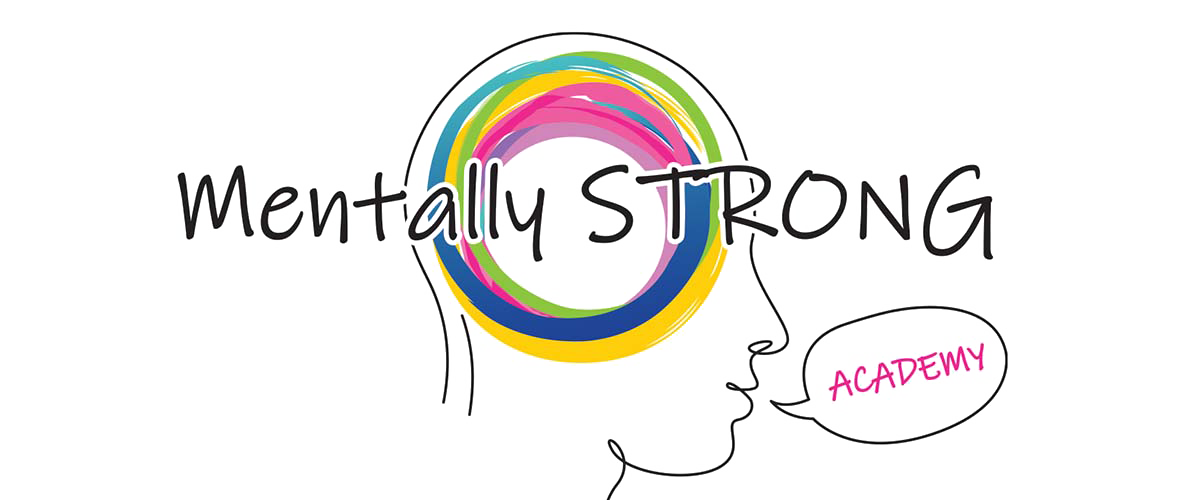Adjustment Disorder: What is it and how can it be treated?
You may have heard of adjustment disorder, but what exactly is it? According to the DSM-5, adjustment disorder is “a disturbance in the ability to function in response to an identifiable stressor(s) occurring within 3 months of the onset of the stressor(s).” In other words, it’s a mental health condition that can develop in response to a significant life event or change.
Adjustment disorders are relatively common; in fact, they are one of the most diagnosed conditions in psychiatric settings. They can occur at any age and affect both men and women. However, they are more likely to occur in young adults and adolescents. Symptoms of an adjustment disorder can include depressed mood, anxiety, sleep disorders, social withdrawal, and difficulty concentrating. If left untreated, adjustment disorders can lead to more serious mental health problems such as depression or anxiety disorders.

What are the symptoms of adjustment disorder?
The symptoms of adjustment disorder can vary from person to person, but they typically fall into three categories: emotional/behavioral, physical, or cognitive. Emotional and behavioral symptoms may include sadness, tearfulness, anger, irritability, or aggressiveness. Physical symptoms may include fatigue, headaches, or stomachaches. Cognitive symptoms may include difficulty concentrating or making decisions.
Who is at risk of developing adjustment disorder?
Anyone can develop an adjustment disorder in response to a significant life event; however, certain factors may increase your risk. For example, people who have experienced trauma in the past (such as childhood abuse or neglect) or who have another mental health condition (such as anxiety or depression) are more likely to develop an adjustment disorder than those who haven’t experienced these things. Additionally, people who lack supportive relationships are also at increased risk.
Causes of Adjustment Disorder
There are many different causes of adjustment disorder. Some people may be more vulnerable to developing the condition due to genetic factors. Other risk factors include social isolation, lack of social support, previous exposure to traumatic events, and stressful life events. Some of the most common stressful life events that can trigger an adjustment disorder include divorce, the death of a loved one, the loss of a job, and moving to a new city.
Treatment for Adjustment Disorder
If you think you may be experiencing symptoms of an adjustment disorder, it’s essential to seek professional help. A mental health professional will be able to help you identify your symptoms and develop a treatment plan. The goal of treatment is to reduce symptoms and help you cope with stressful life events or changes. Treatment typically includes psychotherapy and medication.
Psychotherapy for adjustment disorders usually takes the form of cognitive-behavioral therapy (CBT). CBT is a therapy that helps you identify negative thoughts and behaviors and replace them with more positive ones. Medication is typically used to treat specific symptoms such as anxiety or depression. If you’re experiencing difficulty sleeping, your doctor may prescribe medication to help with this symptom.
Adjustment disorders are relatively common mental health conditions that can develop in response to a significant life event or change. If left untreated, they can lead to more serious mental health problems such as depression or anxiety disorders. If you think you may be experiencing symptoms of an adjustment disorder, it’s vital to seek professional help so that you can develop a treatment plan. Treatment typically includes psychotherapy and medication. With treatment, most people are able to manage their symptoms and live full lives.
Mentally STRONG Academy has a program; with a unique approach, you will gain more control over the situation and knowledge in handling adjustment disorders. Mentally STRONG Academy also offers free webinars, YouTube videos, and social media content about the mentally strong method led by Dr. Cristi Bundukamara, Founder and CEO of Mentally Strong.
Visit our website at mentallystrongacademy.com to start your journey of becoming mentally strong!
You can also follow us on Instagram, Facebook, Twitter, and YouTube.
Remember that adjustment disorder is temporary. There is always a light in your situation. And we believe that you are Mentally STRONG.


